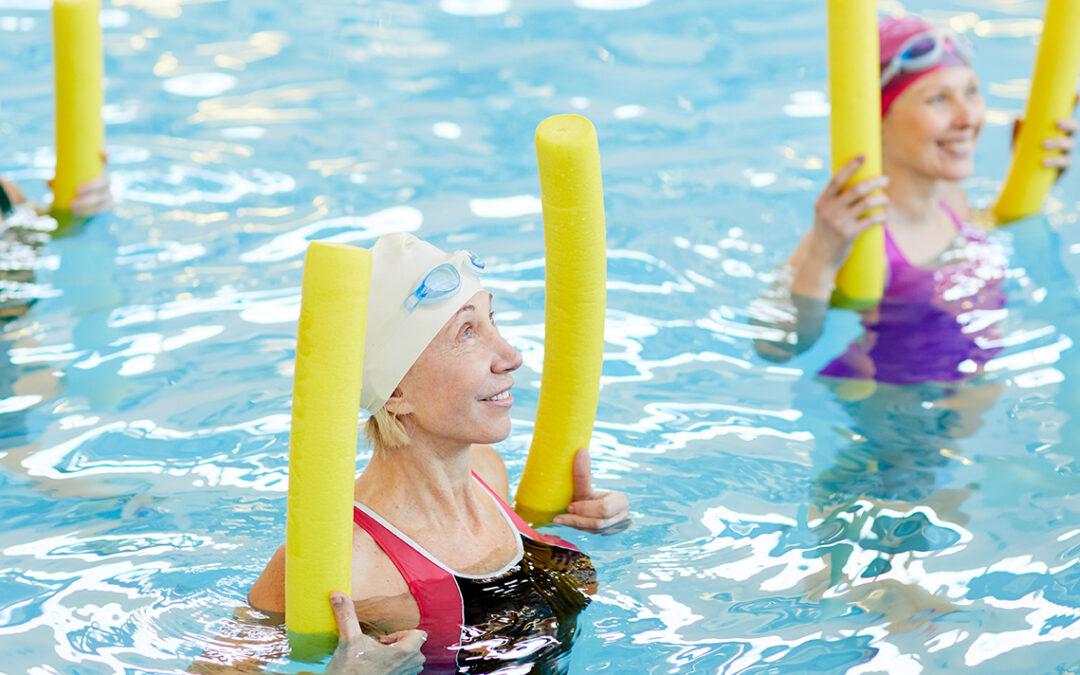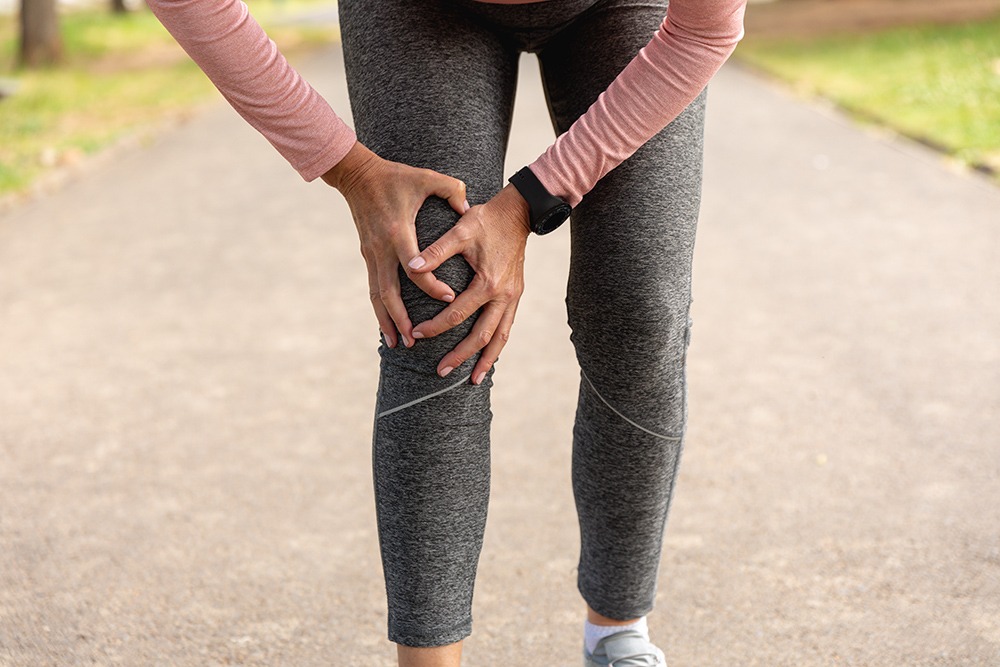Contents
Chronic pelvic pain, often associated with pain in the hips and lower back, can cause major discomfort. This pain can affect all dimensions of your life including simple activities. In fact, many patients experience more intense pain while resting. If you experience pelvic pain when sitting or lying down, finding effective care is probably a top priority. Being able to rest without nagging pain is essential to living a comfortable life. This may be especially challenging if you don’t know the cause of your pain. To understand why you have pelvic pain when sitting, a physical therapy evaluation can be essential. A physical therapist can assess your condition and determine potential underlying causes of your symptoms. To understand what some of these conditions might be, it can help to learn about common causes of pelvic pain when sitting.
Common causes of pelvic pain when sitting
- Muscle imbalances — Muscle dysfunction tends to cause pain in the surrounding area. There are two frequently painful kinds of muscle imbalance: tightness and weakness. When you have overly tight pelvic muscles, the tension may cause pain when sitting. The pelvic floor and hip flexor muscles are the muscles that tend to be involved in this situation. Tightness is not the only thing that can cause muscular pain, though. Weak pelvic muscles can also lead to pelvic pain. This occurs when your muscles struggle to properly support your posture.
- Hernia — Herniated discs are a common cause of lower back and hip pain. As this pain persists, in some cases it can spread to the pelvis. While herniated discs are relatively common, there are other kinds of hernia as well. An inguinal hernia occurs when a portion of abdominal tissue presses through a weakened area of the abdominal wall. If you have an inguinal hernia, you may experience pain and swelling in the pelvic region. This pain tends to intensify with activities like heavy lifting and bending. Sitting in certain postures when you have an inguinal hernia can also worsen your pelvic pain.
- Tailbone injury — Recently injured your tailbone? Injury or other trauma to the tailbone can cause pain until healed. Many of the pelvic floor muscles are connected to the tailbone; thus, tailbone injuries often lead to pelvic pain when sitting. To address this kind of pain, rest is important. A physical therapist can help manage your symptoms while you recover. With specialized treatments and focused exercises, physical therapy can also speed up your recovery time.
- Interstitial cystitis — Interstitial cystitis is a chronic bladder disorder. This condition occurs when the wall of your bladder becomes inflamed or irritated. The symptoms of interstitial cystitis include bladder pressure and pelvic pain. Treating this condition immediately can be crucial to a successful recovery. Left untreated, interstitial cystitis can cause scarring in the bladder wall. When tissue scars, it tends to stiffen and lead to further pain. A physical therapist can help address this condition with pelvic floor rehab and other treatments.
- Prolonged sitting — Do you sit in the same position for extended periods? This could be a factor in your pelvic pain. People with office jobs or other activities that require prolonged sitting can be at risk for this kind of pain. Sitting for a long time without breaks can reduce blood flow to the pelvic floor muscles and apply excessive pressure. This can lead to muscle strain over time. To address this issue, try taking frequent breaks from sitting and consider upgrading to an ergonomic chair. A physical therapist can also help you adjust your sitting posture to reduce strain.
- Urinary tract infections — When bacteria infects the urinary tract, it can cause a range of symptoms. You may experience an increased urge to urinate, fatigue and widespread pain. A urinary tract infection (UTI) can cause pelvic pain when sitting due to increased bladder pressure. Antibiotic medications are typically prescribed to treat a UTI. To help prevent future infections, physical therapy can help by improving your pelvic health.
Lattimore Physical Therapy can help address your pelvic pain when sitting
Understanding the cause of your pain is the first step in finding relief. After evaluating your condition, Lattimore Physical Therapy can guide you through each subsequent step toward recovery. Our approach to physical therapy is driven by patient success and satisfaction. With a variety of innovative treatments available, we can effectively address a wide range of pelvic health conditions. Our personalized approach is designed to meet your needs and keep you looking forward to each session as you recover.
Contact our team today for more information or to schedule an initial appointment.



